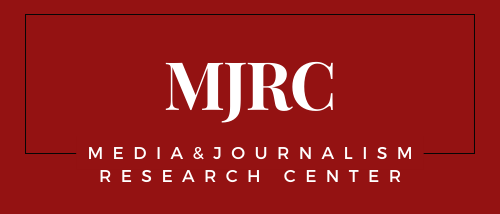New Report Reveals Political Influence Skewing Financial Outcomes in Hungarian Media
London / Tallinn / Santiago de Compostela — A new study released today by the Media and Journalism Research Center (MJRC) uncovers how political interference in Hungary is distorting the financial landscape of the country’s media industry. Titled Political Interference and Financial Outcomes: Analysis of Hungarian Media Companies, the study sheds light on how proximity to the ruling Fidesz party correlates with stronger financial performance in the media sector.
The research is part of the Global Media Finances Map project conducted by the MJRC and offers a financial and political analysis of 20 Hungarian media companies. These outlets were grouped into nine clusters based on their format—online, print/online, or broadcast—and their political alignment, ranging from pro-government to independent.
Key findings include:
- Media companies affiliated with the Fidesz government receive a disproportionately high share of state advertising, often irrespective of their market share or audience reach.
- Pro-government outlets—especially traditional broadcasters and print publishers—enjoy stronger financial fundamentals, including higher profit margins, significant assets, and preferential access to bank loans and equity.
- In contrast, independent media struggle to break even. Many rely on precarious funding models such as reader donations and grants, particularly in the online-only segment.
- Online independent outlets often lack long-term financial sustainability and remain heavily reliant on foreign donors and loyal audiences.
- Private advertisers still allocate some spending to independent media, especially those that attract affluent and engaged readerships, offering a modest path to viability.
The report illustrates how political alignment in Hungary increasingly determines not only editorial direction but also economic survival.
The full report is available here.
Photo: MJRC
Invest in independent media research and join a community of practice.
Your contribution supports MJRC’s investigations and global analysis. As a supporter, you can receive early access to new findings, invitations to small-group briefings, inclusion in our Supporters Circle updates, and the option to be listed on our Supporters Page.
Contribute to MJRC
